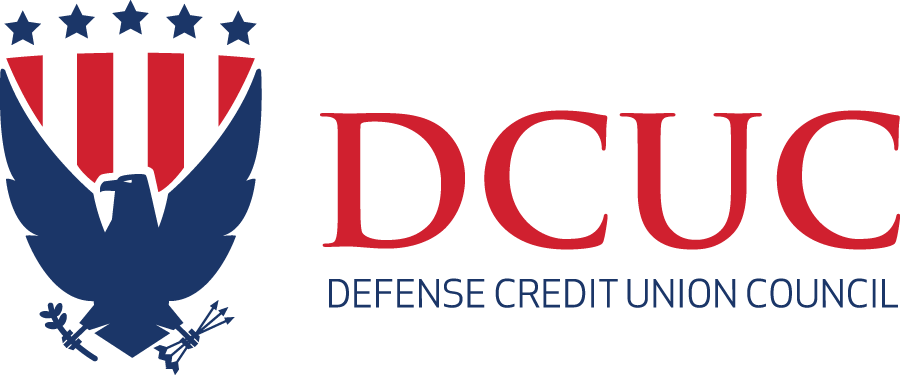Credit unions have long championed the principle of “people helping people,” a philosophy especially meaningful when serving military personnel, veterans, and their dependents. These important communities often face distinct financial situations, including frequent relocations, deployments, and navigating benefits. This can make traditional banking services seem impersonal and disconnected from their military life experiences.
Credit unions are ideally positioned to address these needs through personalized and empathetic service. By understanding the specific challenges faced by military and veteran members, credit unions can foster deeper connections, provide more meaningful support, and amplify the credit union movement.
One way to do this: credit unions can draw on their personal experiences by simplifying their message, showing relatability and humanity in their services and outreach.
Simplify your message
Many organizations struggle with the tendency to overcomplicate their messages. The drive to convey expertise and competence can sometimes lead to a barrier between you and the people you aim to serve. For those not well-versed in the credit union difference, the simplicity of a credit union’s message becomes crucial.
Draw on your own experience of joining the credit union movement. What brought you in? What made the credit union stand out to you? What makes you most proud of being a part of this industry? When we take a step back and reflect on why we do what we do as not-for-profit financial cooperatives, we provide a lens that helps our members see things more genuinely.
Personal relatability means framing your message in a way that resonates with your members’ everyday experiences. Strip away the technical or sales jargon. Focus on the core message that aligns with their needs and wants for their financial futures.
Offer genuine connection
At its core, effective communication is about creating genuine connection and understanding. Think about those conversations in passing that felt all too familiar, or an article you read that seemed to “stick.” You resonated with some part of it, didn’t you? The most successful interactions often occur when messages are delivered with a sense of relativity and humanity.
This was a common theme throughout DCUC’s Annual Conference week. DCUC Crashers, a class of credit union professionals attending DCUC’s main conference, shared how much they resonated with the importance of drawing from your personal stories, as conference keynoters Dede Halfhill, Jimmy Yeary, and Amy Jo Martin noted. This approach doesn’t diminish the importance of your work but rather enhances its impact by making it feel more familiar and engaging.
Share stories or examples that illustrate real-life benefits or challenges. Highlight personal journeys, challenges overcome, or successes achieved. This will clarify your message in a way they can envision it for themselves, foster trust and rapport, and see your credit union’s commitment to truly serving those who serve.
Foster understanding
By placing yourself in your members’ shoes and learning to “speak military,” you can tailor your message to effectively address their financial concerns, hopes, and goals.
Think of tangible differences that can make a true impact in servicemembers, veterans, and military dependents’ everyday lives. Yes, their everyday lives might look a bit different from ours, but in what ways can your credit union offer relief in financial planning or management while these communities are mission-focused? How can their current nuances, hurdles, or gaps in financial education be addressed?
Is it being stressed about managing finances during or following deployment? Maybe it’s a young service member looking to plan for first-time homebuying or purchasing his/her first car. Perhaps it’s a veteran preparing to transition to the civilian sector and striving to start a business.
Implement outreach initiatives that recognize and respect the experiences of military and veteran members. This might mean a credit union-hosted event, or workshop, that addresses common financial issues faced by communities. Or it could be established channels for feedback to ensure military and veteran members feel heard by their local credit union. Perhaps it is community involvement in local veteran and military-related events or charities.
Not only do these approaches contribute to the broader credit union movement and the principle of people helping people, but they also uphold the values that distinguish credit unions from traditional banks.
Here are some simple steps you can take:
- Training and development:Invest inongoing training for staff to ensure they understand the specific needs of military and veteran members and can provide empathetic,knowledgeable support.
- Partnerships: Collaborate with military organizations and veteran service agencies to enhance outreach and provide comprehensive support to members. Local USOs are a great start, but most installations also have a community liaison that can share what opportunities are available to partner with local charities and services.
- Continuous improvement: Solicit feedback from military and veteran members to identify areas for improvement and adapt your communication and services accordingly.
Incorporating personal relatability and empathy into services and outreach is not just a strategy for credit unions serving military and veteran members—it is a fundamental aspect of honoring their service while upholding the credit union ethos. By focusing on genuine connections, tailored solutions, and empathetic engagement, credit unions can enhance their impact, strengthen their member relationships, and continue to embody the core values of the credit union movement.








